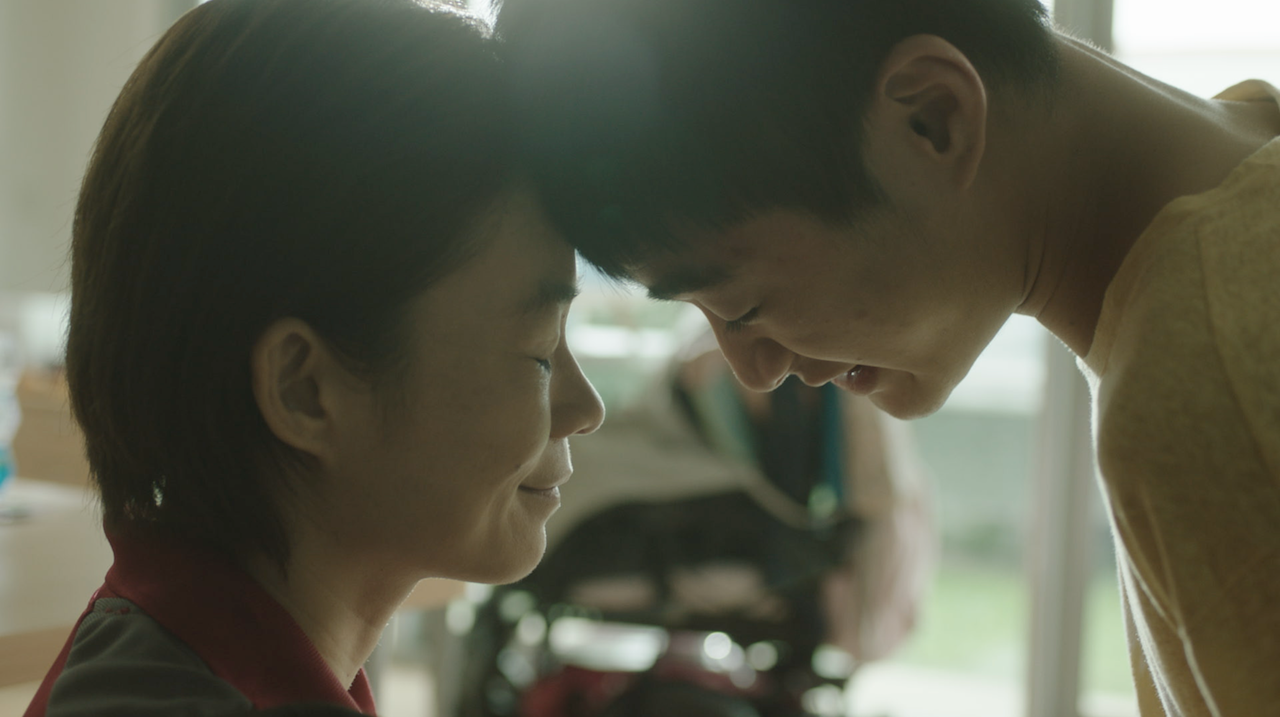I was on a short Grab ride home—from Tampines to Pasir Ris. His name was Eddie, probably in his sixties. He was asking me about how I was getting on in NS and if I was hitting the gym, so I was giving the usual young-person answers that ran along the lines of, “Yeah”, “Ok”, “Sure”. As he rambled on about how passionate he was about working out, I casually asked, “Why does working out mean so much to you?”
By then, we were waiting for the green light along the stretch of road dividing Pasir Ris and Tampines. I was five minutes from home. Heck, I was just trying to make a little small talk that would be sufficient to last me till I got out of his car. But he became quiet. He was thinking. And then, softly, against the moaning of his wipers dancing innocently on his windshield, he managed, in broken English: “It’s all I have left.”
I didn’t know what to say. It’s not every day that someone your parents’ age breaks down a little in front of you. All I could offer was a few moments of quiet as he collected his thoughts, before continuing on about how he was divorced, and how his children are all successful enough to be studying or working abroad. It’s just him left.
He spent the last few minutes of the ride just sharing about his children’s whereabouts, and all I could do to comfort him was patiently listen, offering encouraging nods here and there when it got difficult for him to share about the things he had done to push them away, or the things he wishes he had done to keep them closer. And when it was time for me to alight, all I could say to him was, “Thank you for sharing with me.”
And then there was this moment that has stuck with me since then: when I looked over at him to shake his hand, he looked up at me, tears forming in his eyes as he managed a smile. Time stood still. Something powerful materialised in that single glance and the few seconds we looked at each other.
In that moment, the tears didn’t just represent Eddie’s suffering; they evoked in me the recognition of how similar he was to my parents who continue to struggle through life without full understanding from a son alienated from them.
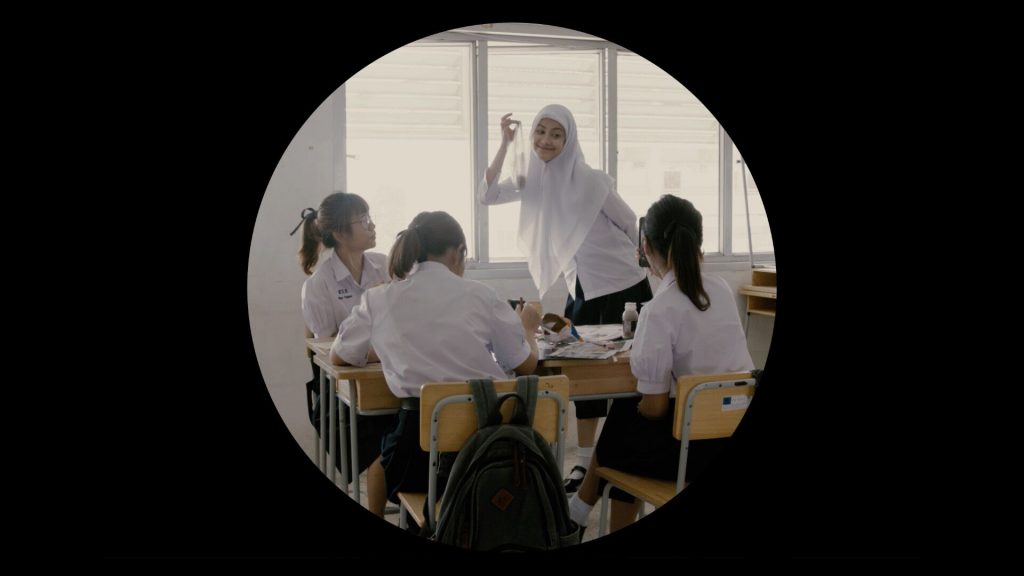
What is suggested rather than what is, therefore, becomes most significant.
While watching a short film, I am Not Your F***king Stereotype (dir. Hesome Chemamah, 2019, Thailand), its quirky formal choice to envelop the characters and action within a circular aspect ratio reminded me of the circles that define my generation’s preoccupation with Instagram Stories.
Something about this tires you out after a while. Does it not seem like my generation detaches ourselves from appreciating moments just to record it for consumption on social media?
It would be simplistic to dismiss this as narcissism or a symptom of an inability to live in the moment. Rather, it could simply be an impulse to document life—one shaped by the forms of social media we literally grew up with. Nonetheless, what troubles me is how carefully we curate these seemingly ‘organic’ moments of our lives.
In essence, we create a sequence of artificial and, by extension, meaningless, images of what we want our lives to look like for others’ consumption. Yet in the performance of this, we fundamentally strip ourselves of having powerfully poignant moments. Say if I had recorded Eddie’s sharing with me in the car, instead of allowing the moment to slowly come to life with his story, culminating in that final interaction, the experience of the moment would have been completely different.
Then again, if we were to imagine a life without social media, would Singaporean youths even have the space to reflect?
Perhaps not. Not if there is no time to do so.
“It feels like I can’t breathe in the city,” says the protagonist in another short film, California Dreaming (dir. Sreylin Meas, 2019, Cambodia). When she escapes to an oceanfront resort, away from the pressures of a metropolitan life, this act represents the stifled condition of the millennial pursuit of perfection and success. Unyielding, fast-paced city life is then replaced by the contrast of a slow, meandering nature.
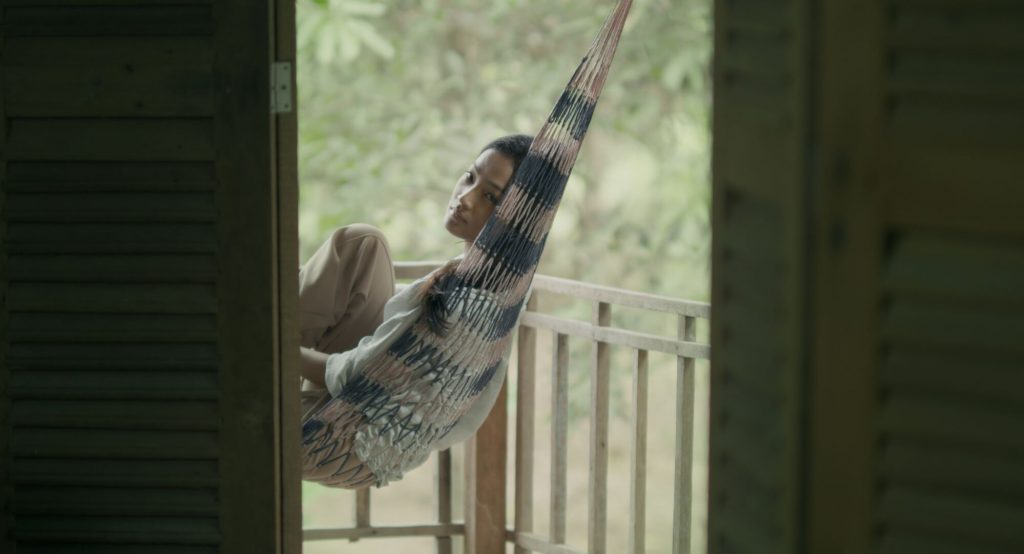
So coming back to my inquiry: is it possible that for a generation of people brought up in a busy urban environment with no chance for respite or escape, there simply is no contrast to create opportunities for one to experience time in this country differently? When we are too concerned with achieving material successes and pursuing a busy life, there simply is no space or time for us to “breathe in the city”, and allow ourselves to contemplate these moments in our lives.
Perhaps, social media exacerbates this situation. When we are constantly bombarded by content about how our peers are living their lives, we create a sense of internalised pressure, feeling inadequate or incompetent when others are making the most of their lives and ‘succeeding’, while we waste our time scrolling through Instagram and clicking through Snapchat.
In a society like ours—whether physical or virtual—it appears that there is no space for us to consider the reflections needed to appreciate these moments.
Even then, we do not have to be demoralised about living in a culture like this. In one of my favourite musicals, Into the Woods, Broadway legend Stephen Sondheim writes,
“Oh, if life were made of moments / Even now and then a bad one!
But if life were only moments / Then you’d never know you had one.”
And that’s the thing. The bitter reality is that we may recognise the significance of only some events and acts. The point is not to create moments deliberately (as you do when you orchestrate your Instagram stories) or to bemoan a stifling city pace that offers little to no opportunity for ‘special moments’. Moments are constantly around when we open ourselves to the possibilities of the symbolised and significant about the physical world around us.
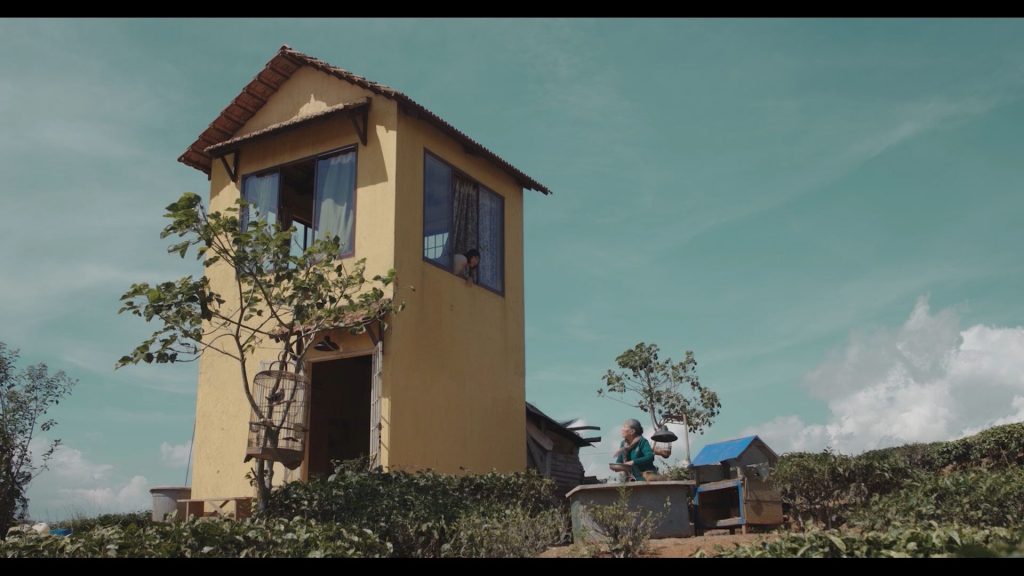
It’s like how film works. Unlike photographs where every individual frame can exist without the context of the other photographs, a film is a final product comprising a series of multiple frames (i.e. Frame 1 + Frame 2 + … + Final Frame = Film). But not every frame has to be that meaningful or important. Some frames establish the setting, some set the mood, and some just fill up runtime. A little like life, isn’t it?
This is why short films appeal to me. Whereas feature films allow filmmakers more time to establish context, mood, etc., short film directors have to jump straight into these elements immediately. More often than not, these directors would select a key moment of a character’s life to represent the bigger plight or condition they are in.
Watching short films, then, becomes a mental jigsaw puzzle. We try to piece together what the bigger picture of the characters’ life would be like based on what we infer from a single moment in time. As we extrapolate from the action seen on screen, are we not participating in the act of creating a moment? We see the physical and identify the significant.
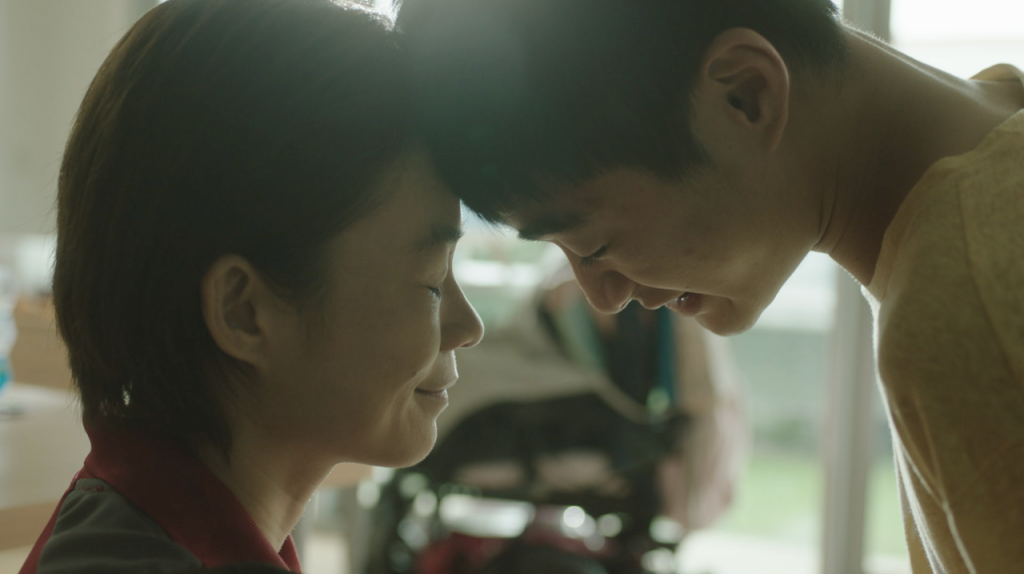
But that’s exactly it. Can we really understand another person? Perhaps not. A torchlight can only reveal so much in the darkness; our imagination pictures what the torchlight cannot shine a light on. In a similar vein, we will never be able to truly grapple with the conditions of another. All we can do is listen to their stories and imagine the unseen; the invisible.
My generation is no different from any generation that came before ours. At the remains of the day, our desire for moments reveals only an all-too-human pursuit of a life of meaning. Perhaps, all that distinguishes us from our predecessors is that this neoliberal, perfectionist, stifling environment we grow up in alienates us further from creating or discovering meaning, rendering our pursuits absurd. But all this only proves that there is more to resist in our unending search.
The act of watching film is, in essence, an exercise in making meaning. Just as we imply meaning from a series of sequences on screen, we make meaning to our life by our own interpretation. Ultimately, all we can do is to be open about the experiences before us, and the significance and potential they possess. Can we make meaning out of that? We can only imagine so. After all, we must imagine Sisyphus happy.
The screening has sold out, but audiences can still catch Invisible Stories when it premieres on HBO in Jan 2020.

